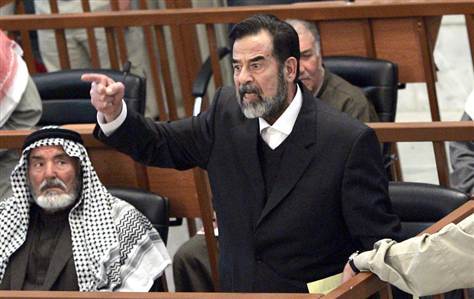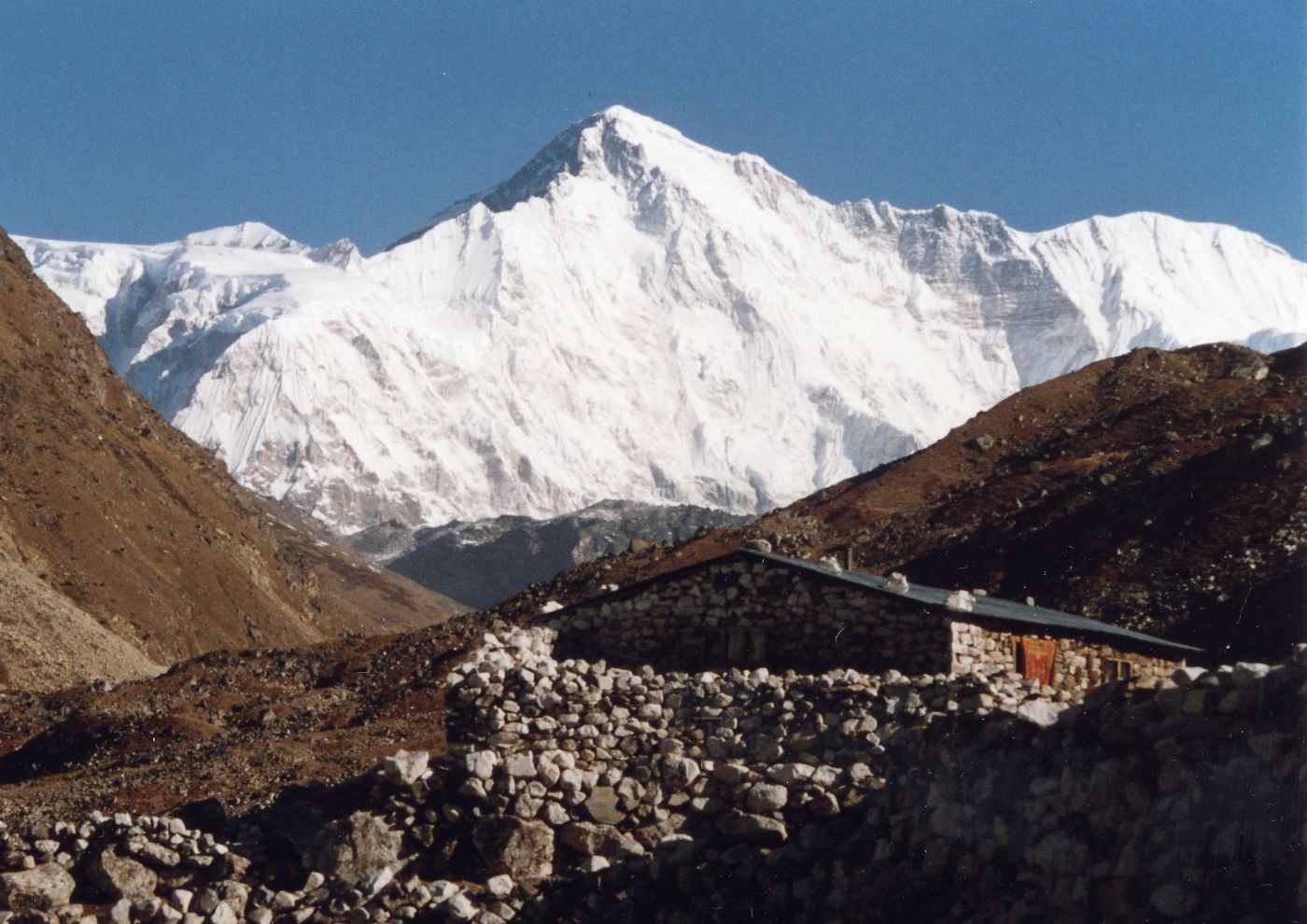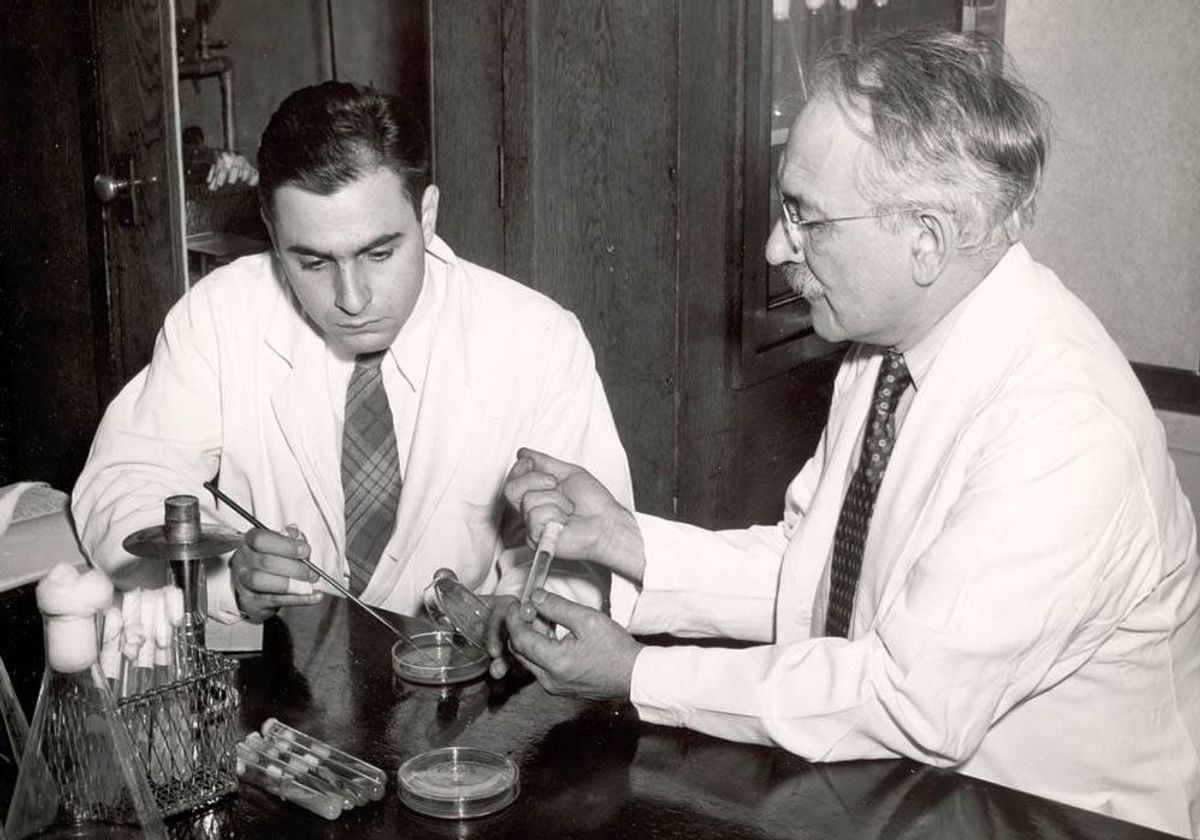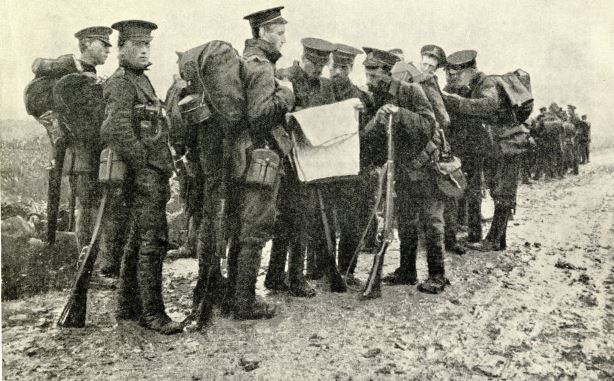Let’s look at major events that happened today in history;
Today in History
2005 Trial of Saddam Hussein Begins
The Iraqi Special Tribunal started the trial of the deposed president of Iraq, Saddam Hussein, and 7 other defendants for crimes against humanity. Hussein, the fifth President of Iraq, was found guilty and executed by hanging a year later on December 30, 2006.
Story
A defiant Saddam Hussein argued with the judge. He repeatedly refused to confirm his name in a Baghdad court today as he pleaded not guilty to charges of crimes against humanity.
As the first case opened in as many as a dozen he could face over his 24-year rule of Iraq, charges relating to the deaths of 143 men and boys in a Shia Muslim village in 1982 were read against the former Iraqi dictator.
The 68-year-old sat alongside seven former members of the Ba’ath party amid tight security in the courtroom deep inside Baghdad’s green zone.
Wearing a dark jacket, a white shirt open at the collar and a greying beard, Saddam was ushered into one of three chest-high white metal pens in the courtroom in the former national command headquarters of his feared Ba’ath party.
Asked by Judge Rizgar Mohammed Amin, a Kurd, to identify himself, Saddam replied: “I hear from your accent that you are Iraqi. You know me well.”
He stood up to tell the panel of five judges: “I won’t answer to this so-called court … Who are you? What are you? The occupation is illegitimate. I retain my constitutional rights as the president of Iraq.”
Mr Amin, the presiding judge, replied: “You are Saddam Hussein al-Majid, former president of Iraq.” Saddam raised his finger to interrupt, saying testily: “I did not say former president”.
The session was stormy. When a break was called, Saddam became involved in a shoving and shouting match with two guards who tried to grab his arms to escort him out.
The former dictator had been the last of the eight defendants to enter the courtroom, escorted by two Iraqi guards in bulletproof vests who guided him by the elbow.
He glanced at journalists watching through the bulletproof glass from an adjoining room and motioned for his escorts to slow down a little.
He greeted his co-defendants, saying “Peace be upon you”, and took a place in the white metal pen to Awad Hamed al-Bandar, the former head of Iraq’s revolutionary court.
The other defendants include Barazan Ibrahim, Saddam’s half-brother and former intelligence chief, Taha Yassin Ramadan, the former vice president, and four lower-level regional party officials.
After Mr Amin read the defendants’ rights and the charges against them, including forced expulsions and illegal imprisonment, he asked each for their plea. He started with the former president, saying “Mr Saddam, go ahead. Are you guilty or innocent?”
Saddam replied quietly, “I said what I said. I am not guilty.”
The trial was later adjourned to November 28 to allow the legal teams representing the defendants more time to prepare their defence. The men’s lawyers were believed to have wanted a three-month adjournment to take them into the new year.
Saddam’s defence lawyer, Khalil al-Dulaimi, said yesterday that he would challenge the court’s competence to try the case. “Saddam Hussein is Iraq’s legitimate president while the court is illegitimate because the US invasion is illegal and everything that has been built upon it is just as illegal.”
If convicted, the men could face the death penalty – by hanging.
The judges’ identities have been a tightly held secret to ensure their safety, though Mr Amin’s name was revealed just before the trial began earlier today.
The trial was aired with a 20-minute delay on state-run Iraqi television and on satellite stations across Iraq and the Arab world.
Many Iraqis, particularly from the Shia Muslim majority and the Kurdish minority most oppressed by Saddam’s regime, have eagerly awaited seeing the man who ruled Iraq with total power for 23 years brought to justice.
The court is operating not only under its own rules – the majority of which were laid out while Iraq was under the rule of US administrators – but also by a 1971 Ba’athist-era criminal law that some have criticised as not up to international standards. That law says the judges can issue a guilty verdict if they are “satisfied” by the evidence – seen as a lower standard of proof than “convinced beyond a reasonable doubt”.
Saddam was removed from power after US and British forces swept into Iraq in March 2003, marching to Baghdad and toppling his government. He fled the capital and was on the run for nearly eight months until American forces found in him hiding in a cellar in a rural area outside his hometown of Tikrit north of Baghdad on December 13 2003.
Since then he has been held in a US detention facility at Baghdad international airport.
1954 Cho Oyu Scaled for the First Time in Recorded History
The 6th highest mountain peak in the world, Cho Oyu is part of the Himalayan mountain range and lies on the Nepal-China border. It was scaled by Nepalese Pasang Dawa Lama and Austrians Joseph Jöchler and Herbert Tichy.
1950 Battle of Chamdo (Qamdo) Ends
Also known as the Liberation of Tibet in China, the war between China and Tibet began on October 6, when Chinese military forces under the leadership of Deng Xiaoping entered the country from Sichuan. At the end of the battle, the Chinese had taken over the border city of Chamdo. The battle was the starting point for negotiations between the two countries over the status of Tibet.
1943 Streptomycin is Discovered
The miracle antibiotic that became the first line of offense against tuberculosis in the mid 20th century was isolated for the first time by graduate student Albert Schatz while working under Selman Abraham Waksman at Rutgers University. Schatz later sued Waksman to gain a portion of the profits and notoriety which came from the discovery. Waksman eventually received the Nobel Prize for the achievement. However, there was controversy as the award went to Waksman only.
1914 First Battle of Ypres
Part of the Battle of Flanders during the First World War, the First Battle of Ypres was fought in the Belgian city of Ypres. It was fought between German forces on one side and the Belgian, French and British troops on the other. Fighting continued until November 22, when harsh weather forced the two sides to take a break from the hostilities.






